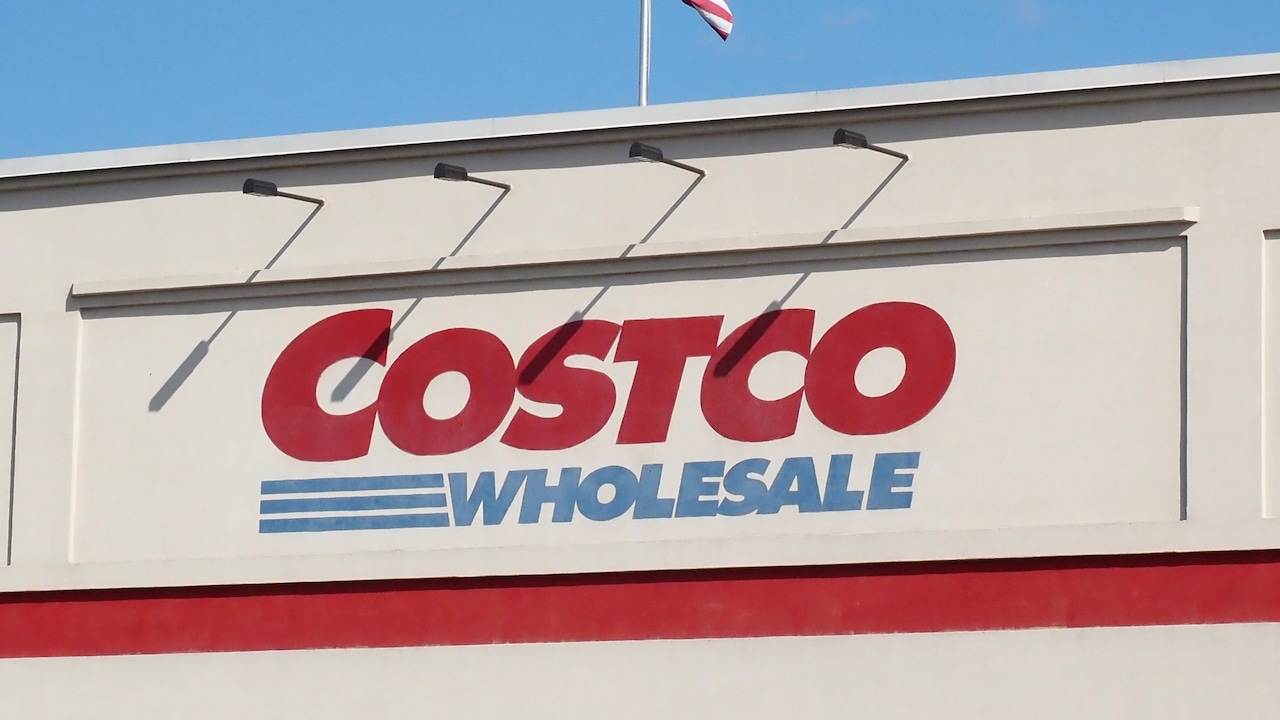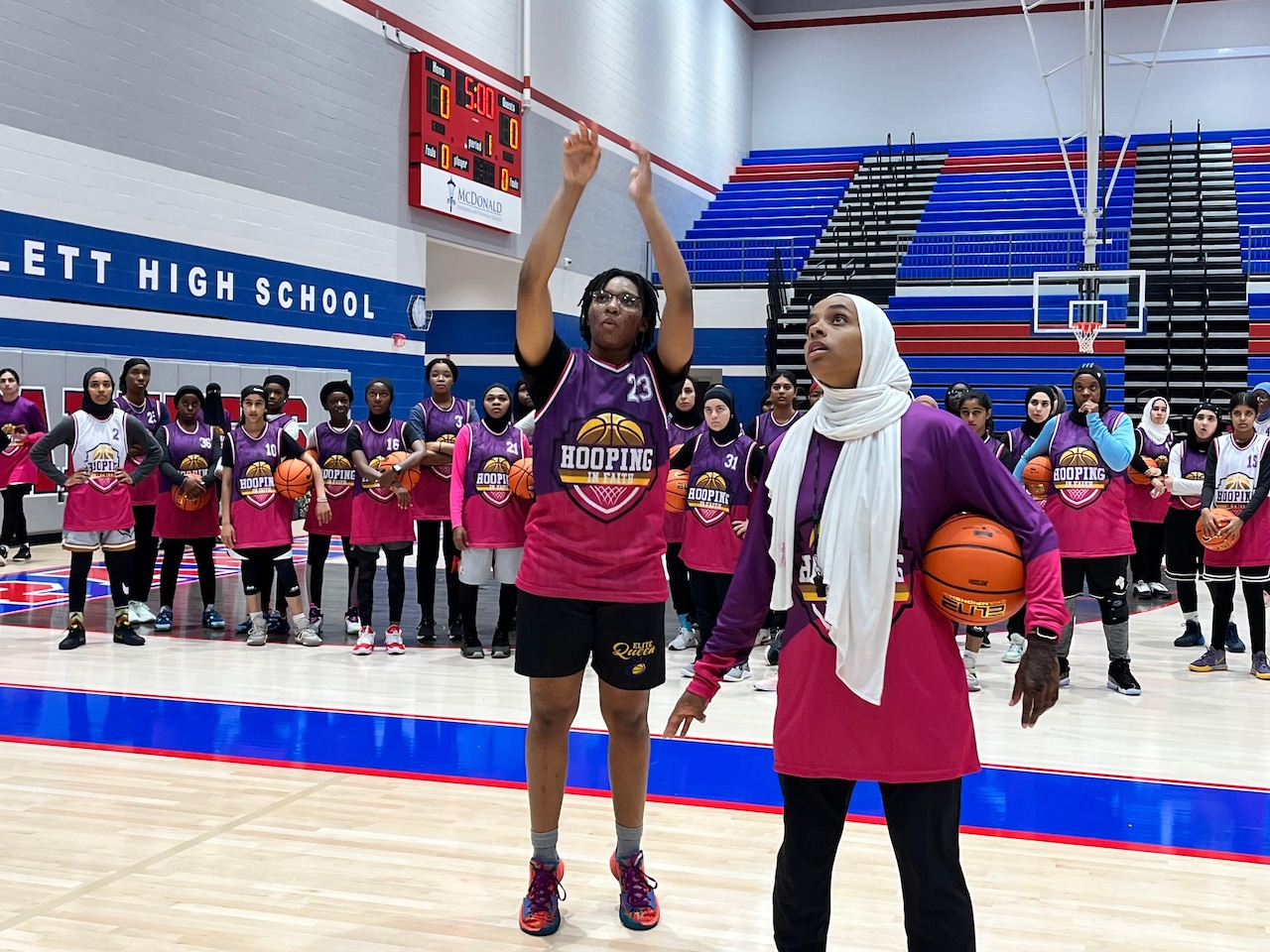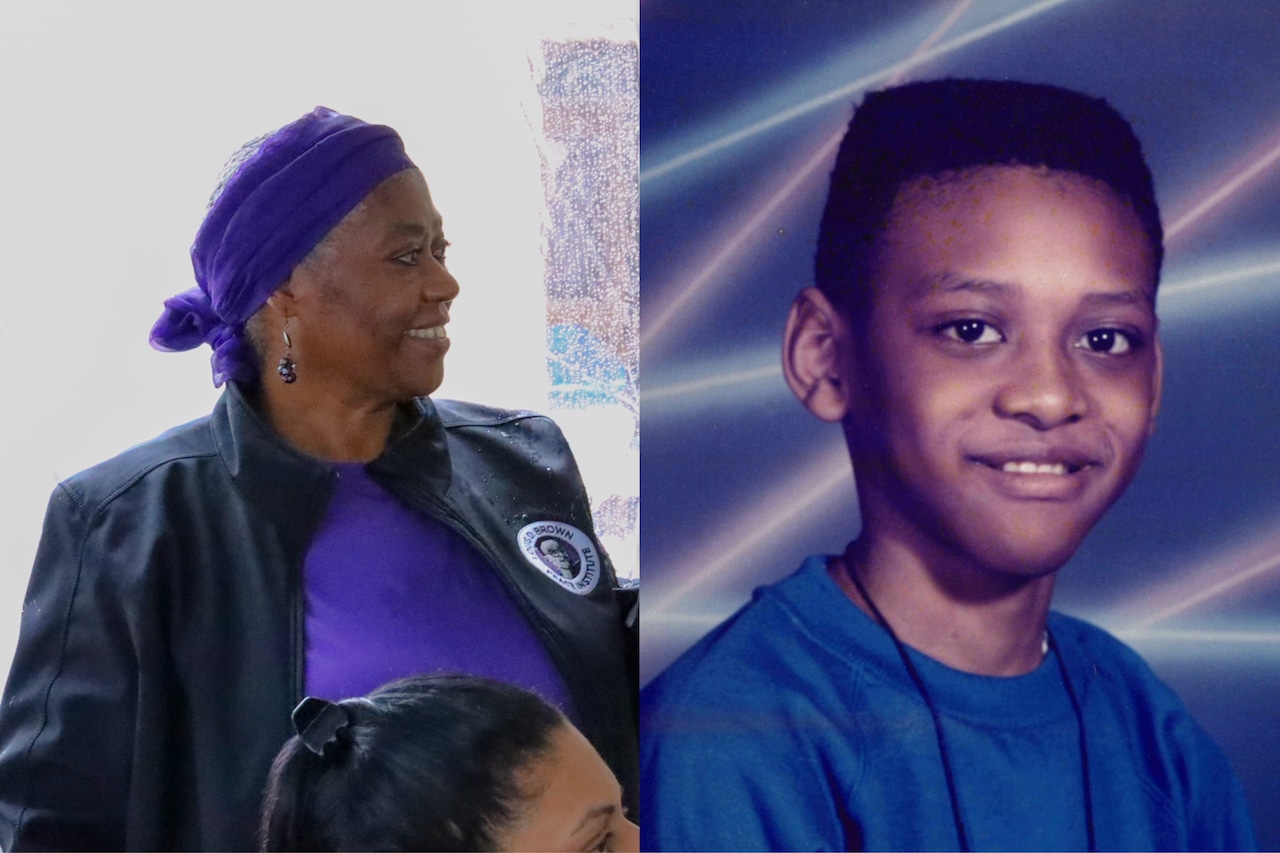
A class-action lawsuit was filed against Costco Wholesale Corp. claiming it sold baby wipes containing high levels of synthetic chemicals known to be harmful to children, according to the class action complaint.
The lawsuit was filed on behalf of Larisa Bullard of San Ramon, California, and Mila Corrigan of New York, both of whom purchased Kirkland Signature Baby Wipes, Fragrance Free. The suit claims the wipes “are unfit for their intended use,” as they “contain unsafe levels of per-and polyfluoroalkyl substances (’PFAS).”
The class-action lawsuit was filed against Costco Wholesale Corp. for selling the product, and Nice-Pak Products Inc. for producing the product.
PFAS are “harmful even at very low levels,” and “persist and accumulate over time,” according to legal filings.
The Centers for Disease Control and Prevention outlines a number of effects PFAS exposure is connected with, including liver damage, decreased fertility and increased asthma, according to the suit. Other potential effects include thyroid disorders, immunotoxic effects and cancers.
The suing party’s counsel found the product, despite being labeled as made with “Naturally Derived Ingredients,” contained 3.7 parts per billion of PFAS after testing in a Department of Defense laboratory, according to the suit.
Bullard purchased the product online from Costco multiple times between January 2022 and February 2024, assuming the product was safe for babies based on its packaging and labels.
The suit says had Bullard known those representations were not true, “she would not have purchased the product.”
According to the suit, Corrigan said she also would not have purchased the wipes if she had known it was not, “in fact, safe for use as intended.”
Costco Wholesale Corp. and Nice-Pak Products are facing several allegations, including but not limited to violating California’s False Advertising Law, breach of express warranty, fraud, negligent misrepresentation and fraudulent concealment or omission.
The class-action lawsuit was filed on June 20, 2024, in the United States District Court Northern District of California.






